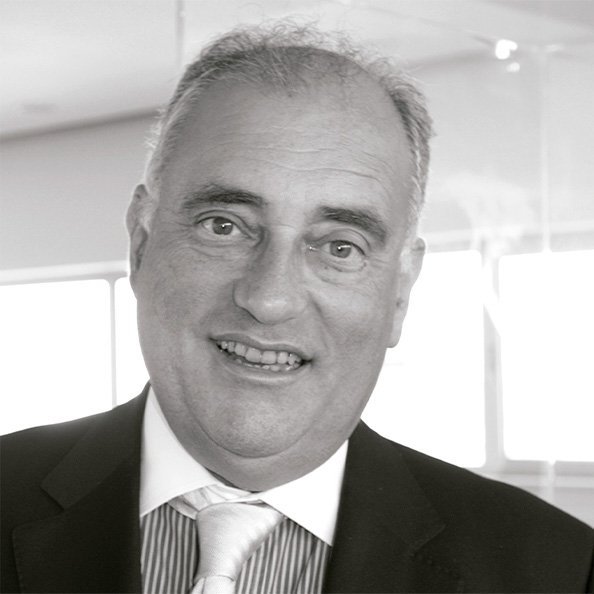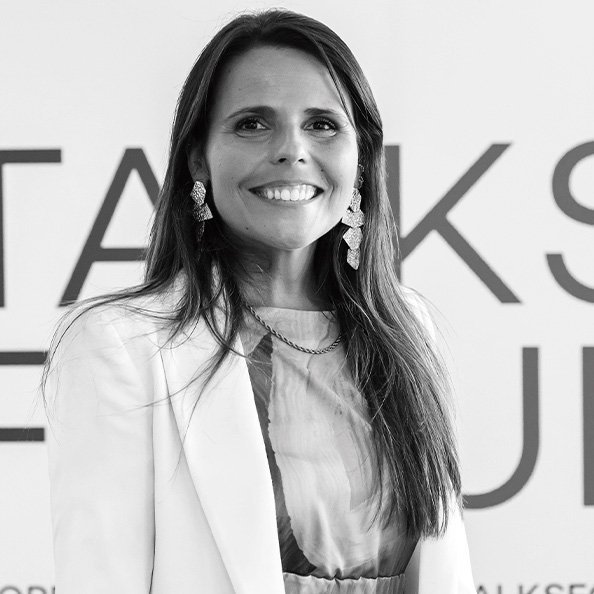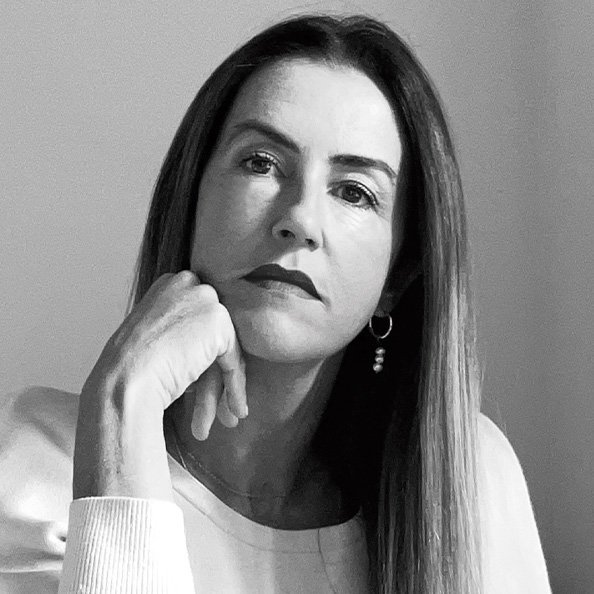
Concerning Portuguese women
António Rebelo de Sousa

Ser mulher: ser perfeita com o melhor das imperfeições
Ana Baleizão
The power of equality: men and women building a better future
Susana Coerver
Co-founder of Kindology

The question «does it still make sense to talk about the role of women?»
greatly irritates me. The female gender represents more than 50% of the
electorate in Portugal, taking a more active part in voting than the opposite
sex, but the future continues to be charted largely by men. We’re not talking
about the front pages of newspapers, we’re talking, for example, about
parliamentary representation, which is just over 35%.
Far from being an antagonism between the sexes, the quest for gender equality is a collective challenge. Men are key players in this process, acting as allies in the construction of a fairer and more equitable future. To get to where I am now, I’ve always had men above me helping me grow. Female affirmation is not made against men, but by including them in the conversation. It’s vital to recognise the unconscious prejudices that permeate our society, and it is by ignoring them that we perpetuate inequalities. A personal example: in my youth, I studied at night near Marquês de Pombal and lived in Parede. I didn’t have a car, so I had to endure long walks, trains and underground trains to get home. In 2000, my boss João, at the advertising agency where I worked, decided it was time for me to have a company car. I do this empathy exercise and ask: «What do you think I felt when I got the car?». Invariably and usually, my friends, when they hear this story, say that freedom was what I valued most about the car. But the truth is that my priority was safety. I no longer needed to be afraid at night or worry about my clothes.
Throughout my career in advertising and marketing, more and more has been said about «purpose», both as an individual and as a company, and I’ve always had a clear purpose: to help other women grow. If my story and what I’ve overcome can help other women, then it will all have been worth it. I believe that women who make women grow are more beautiful, happier and healthier. And science backs this up, just look at my heart (she laughs). We need more women at the table and a more humanised vision of the future. We all stand to gain. But to achieve gender equality, several factors need to be reviewed and changed: breaking down stereotypes or exercising empathy and reducing occupational segregation, the wage gap and domestic violence. All sectors of society need to mobilise to remove the obstacles that prevent women from reaching their full potential, but to do this they need to know where they can help change. I’m talking about active participation in domestic chores and childcare – men taking equal responsibility in the home and within the family. Gender equality is not just a wish for women, but a fundamental right for all human beings. Together, men and women can build a fairer and more prosperous world for future generations.
Last year, on March 8, my sister went with my three-month-old nephew to attend a lecture of mine at Nova Sbe, where she even breastfed during the session. The other day, I saw two girls on the beach, after leaving my morning of surfing, displaying great football skills. I’m happy to see these examples as a representation of a world that is making progress.
Far from being an antagonism between the sexes, the quest for gender equality is a collective challenge. Men are key players in this process, acting as allies in the construction of a fairer and more equitable future. To get to where I am now, I’ve always had men above me helping me grow. Female affirmation is not made against men, but by including them in the conversation. It’s vital to recognise the unconscious prejudices that permeate our society, and it is by ignoring them that we perpetuate inequalities. A personal example: in my youth, I studied at night near Marquês de Pombal and lived in Parede. I didn’t have a car, so I had to endure long walks, trains and underground trains to get home. In 2000, my boss João, at the advertising agency where I worked, decided it was time for me to have a company car. I do this empathy exercise and ask: «What do you think I felt when I got the car?». Invariably and usually, my friends, when they hear this story, say that freedom was what I valued most about the car. But the truth is that my priority was safety. I no longer needed to be afraid at night or worry about my clothes.
Throughout my career in advertising and marketing, more and more has been said about «purpose», both as an individual and as a company, and I’ve always had a clear purpose: to help other women grow. If my story and what I’ve overcome can help other women, then it will all have been worth it. I believe that women who make women grow are more beautiful, happier and healthier. And science backs this up, just look at my heart (she laughs). We need more women at the table and a more humanised vision of the future. We all stand to gain. But to achieve gender equality, several factors need to be reviewed and changed: breaking down stereotypes or exercising empathy and reducing occupational segregation, the wage gap and domestic violence. All sectors of society need to mobilise to remove the obstacles that prevent women from reaching their full potential, but to do this they need to know where they can help change. I’m talking about active participation in domestic chores and childcare – men taking equal responsibility in the home and within the family. Gender equality is not just a wish for women, but a fundamental right for all human beings. Together, men and women can build a fairer and more prosperous world for future generations.
Last year, on March 8, my sister went with my three-month-old nephew to attend a lecture of mine at Nova Sbe, where she even breastfed during the session. The other day, I saw two girls on the beach, after leaving my morning of surfing, displaying great football skills. I’m happy to see these examples as a representation of a world that is making progress.





